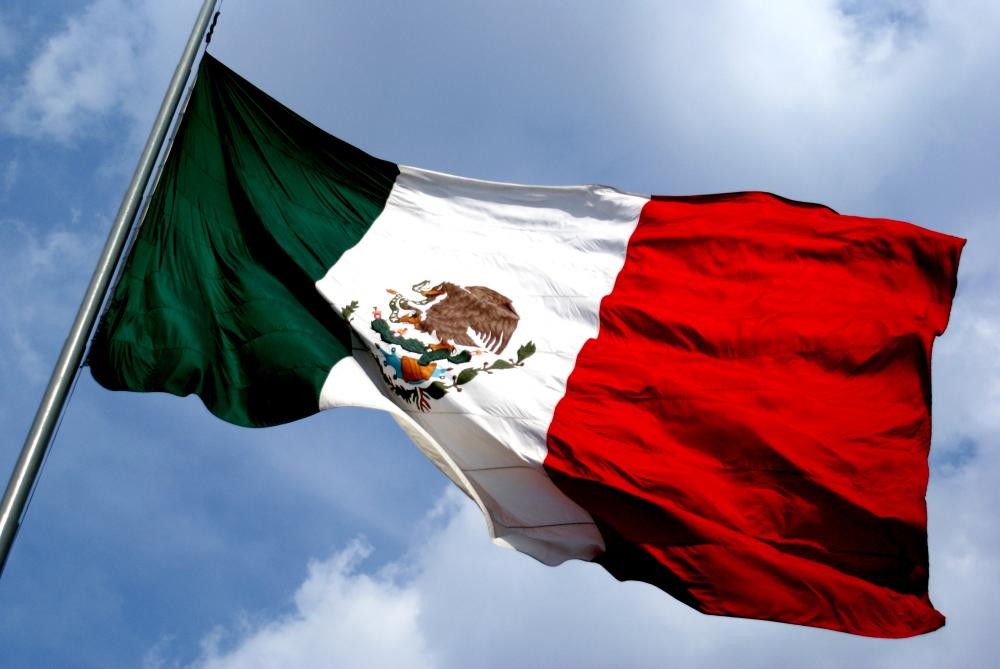[Author]By the El Reportero[/Author]
Mexico’s Chamber of Deputies has approved changes to the military code of justice, unanimously passing a bill that requires soldiers implicated in crimes against civilians to be tried in civilian courts.
The bill, passed unanimously by the Senate last week, is part of steps taken by Mexico to comply with a 2009 Inter-American Court of Human Rights ruling.
Once President Enrique Peña Nieto signs the bill into law, cases involving alleged crimes by soldiers against civilians will no longer be under military jurisdiction.
These changes are “reforms that guarantee human rights and comply with new international criteria regarding military jurisdiction,” lawmaker Ricardo Mejia, deputy coordinator of the center-left Citizens’ Movement party, said.
Military police will conduct investigations under the direction of civilian prosecutors and be required to offer assistance to victims and protection to witnesses.
They also will be tasked with arresting military suspects and immediately turning them over to civilian prosecutors.
In cases of alleged crimes against military discipline, the military police officers will be authorized to conduct personal inspections of the detainee and collect items in his or her possession. Armed forces members who have committed crimes against civilians may be held in pretrial detention in military lockups when military authorities deem it necessary to protect their rights.
In such cases, military authorities will cooperate with the civilian courts to ensure the accused appears before the judicial authorities when summoned. Mexico’s Supreme Court limited military jurisdiction in July 2011, but that ruling did not set a binding legal precedent in the country’s justice system.
Half of Mexican minors impoverished
Even as the Day of Mexican Children is being celebrated, more than half of those 40 million children are living in poverty.
Further more, 4.7 million of them are living in extreme poverty, reports the La Jornada daily newspaper.
In Mexico’s indigenous communities, the situation is particularly alarming, due to eight of 10 children under age 17 living in poverty, while one in three is experiencing extreme poverty.
The daily reported these figures coming from a summary prepared jointly by the United Nations Fund for Children and the National Council for the Evaluation of Social Development Policy. The fact that poverty is more pronounced among children than in the whole of society is significant.
La Jornada adds that the data contained in the document Poverty and Social Rights of Children and Adolescents in Mexico 2010-2012, highlights the consequences of the economic policies imposed in the country three decades ago.
Under the official economic policies implemented by country’s neoliberal governments, poverty and inequality have increased.



